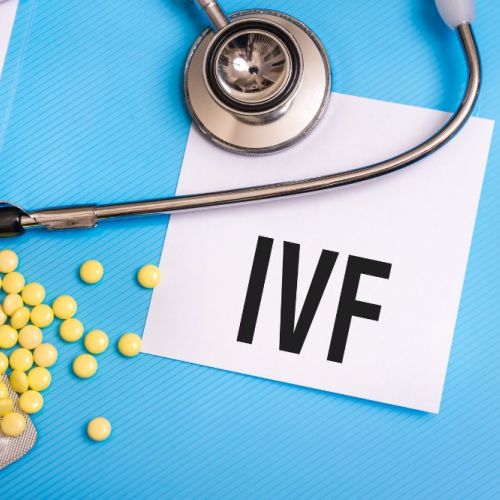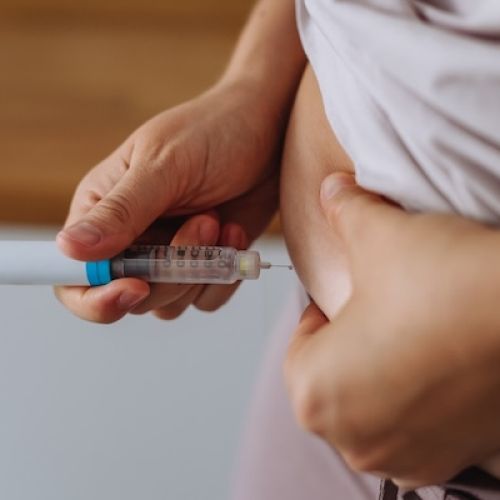Success Rate of Artificial Insemination

If getting pregnant has turned out to be much more challenging than you expected, you’re not alone. As many as 1 in every 6 people who are trying to get pregnant experience infertility. In many cases, artificial insemination is the first type of assisted reproductive technology that’s recommended.
Women considering artificial insemination often have a lot of questions about what’s involved and about the success rate of artificial insemination. The team at the Center for Reproductive Health understand how stressful and confusing infertility can be, and they’re available to answer your questions.
The Procedure
Artificial insemination is a simple and painless procedure in which sperm is placed past the cervix and directly into the uterus. In some cases, this can improve the chances of healthy sperm reaching the egg and achieving fertilization. The sperm can be from your partner or it can be from donor sperm.
In many cases, this procedure is paired with hormone stimulation. Fertility medication is taken for up to 10 days to assist in egg development. Blood tests and ultrasounds are used to predict ovulation so that the procedure can be done as close to ovulation as possible. The semen is processed to make it more concentrated, which may also increase the chance of getting pregnant.
The procedure itself only takes a few minutes. After the sperm has been injected, fertility experts may recommend that you lie on your back for around 30 minutes. You’ll be sent home after that and told to come back for a pregnancy test in two weeks. If the pregnancy test is negative, the procedure can be repeated.
Factors That Affect Success Rates
There are many factors that can affect the success rate of artificial insemination. One of the biggest factors is the age of the mother. For women in their early 30s or younger, the success rate is around 25 percent. By the mid-30s, the success rate drops to 15-20 percent. By the late 30s, it drops to 10 percent and women over the age of 40 have about a 5 percent success rate.
Artificial insemination may be a good fertility treatment option for couples struggling with male factor infertility such as low sperm count or low motility. It may also be a good option for women with thick cervical mucous or mild endometriosis, and it can be effective when the cause of infertility can’t be identified.
Is Artificial Insemination Right For Me?
For some women, artificial insemination isn’t the best choice for trying to get pregnant. If you’re over the age of 40, in vitro fertilization may be a better option. You may not be a good candidate for artificial insemination if you have pelvic scarring from repeated pelvic infections, blockage of your fallopian tubes or severe endometriosis.
Women who have several rounds of artificial insemination without success may want to consider other options. If you’re considering artificial insemination or other forms of assisted reproductive technology, the best thing to do is to schedule a consultation at the Center for Behavioral Health to learn more.




